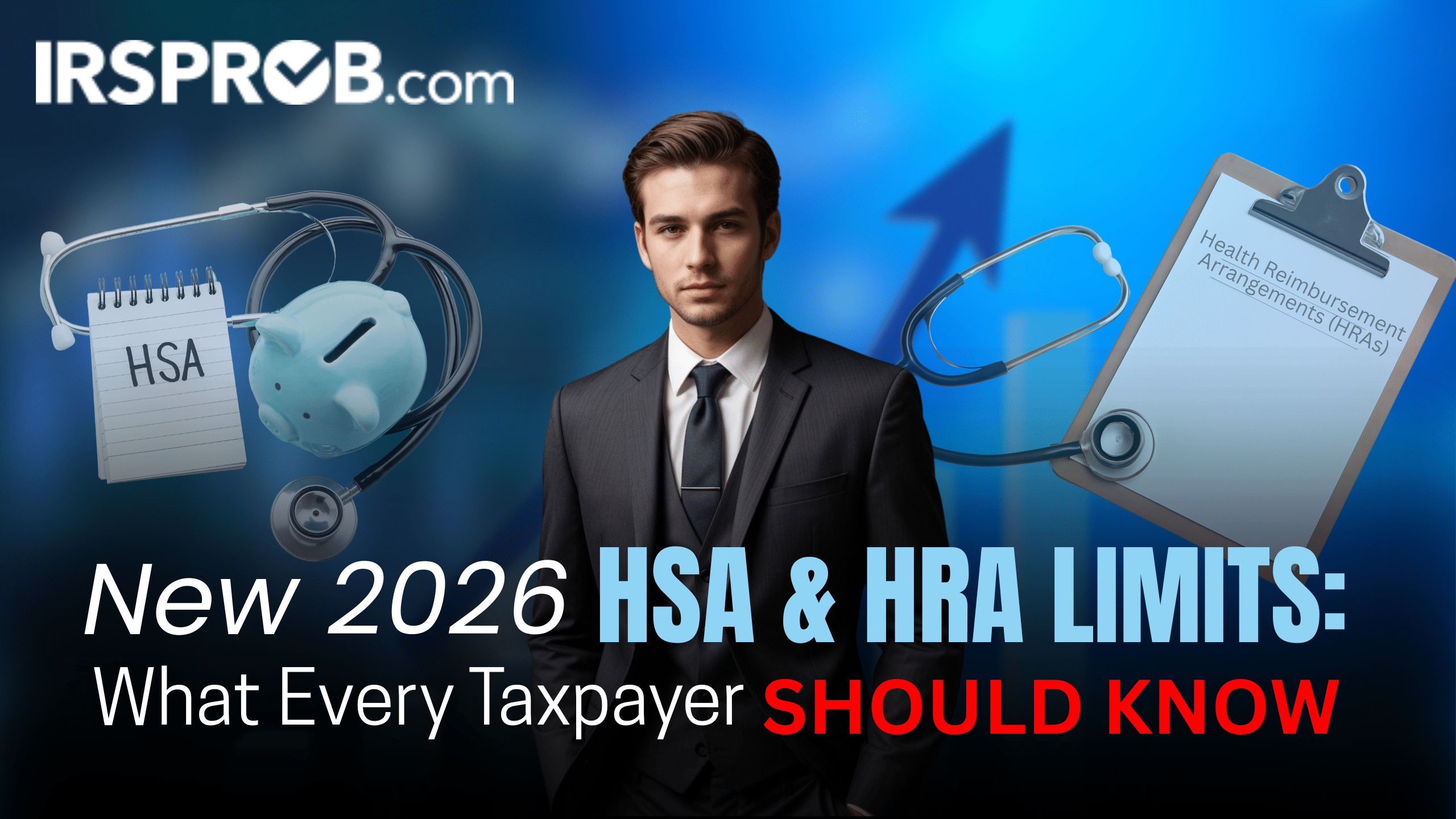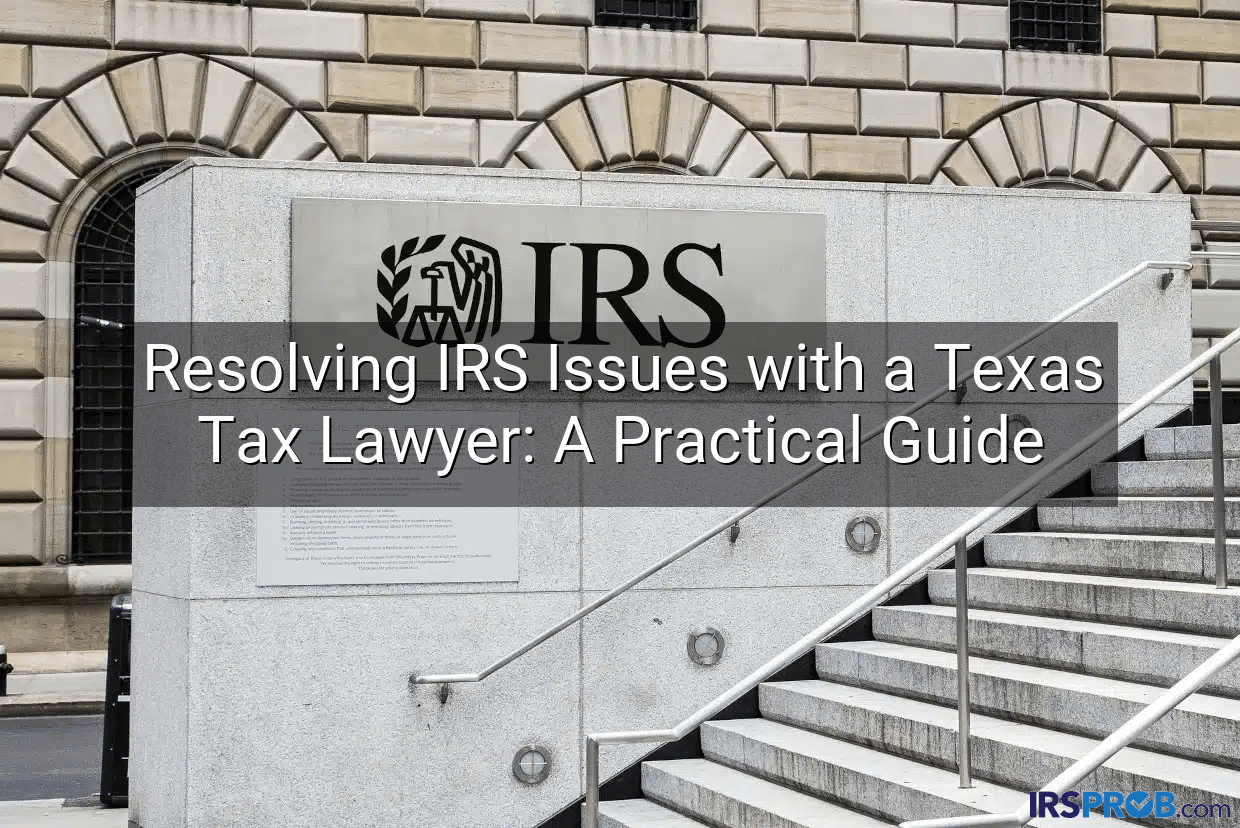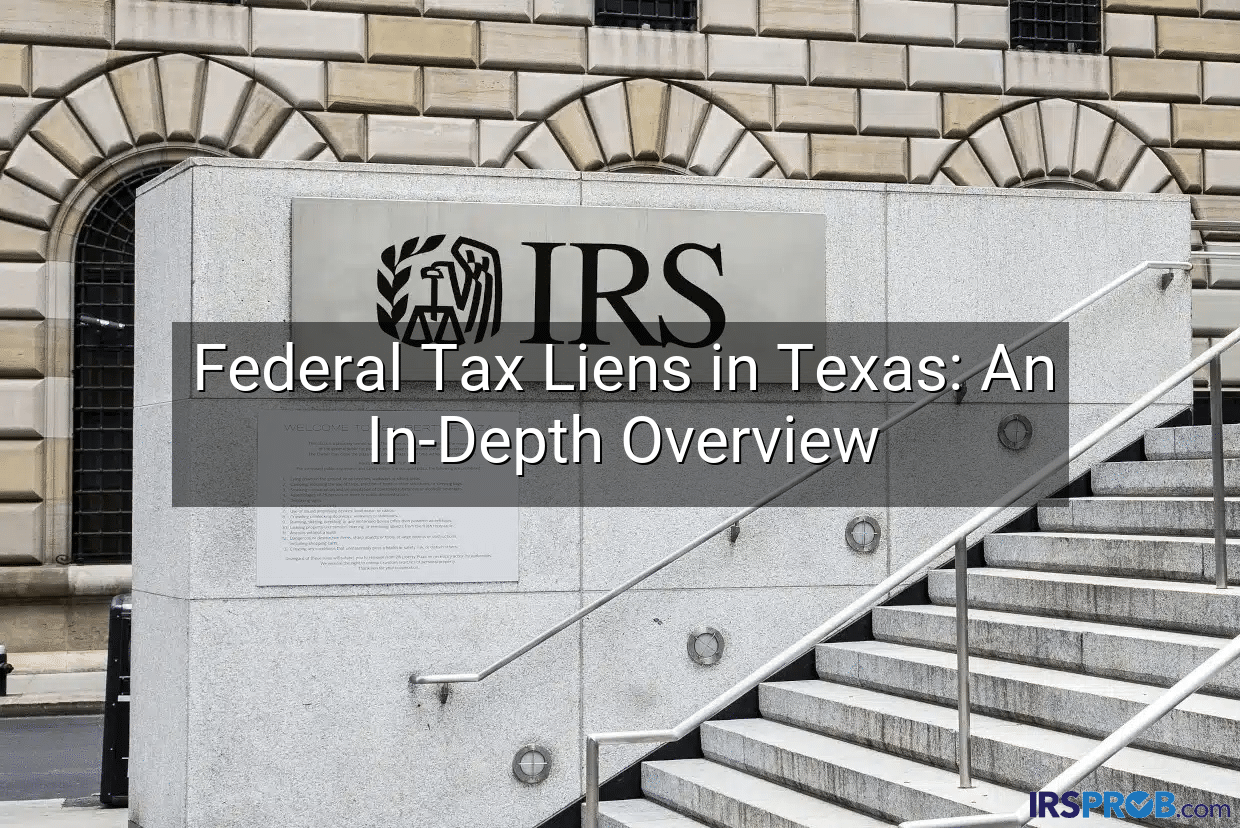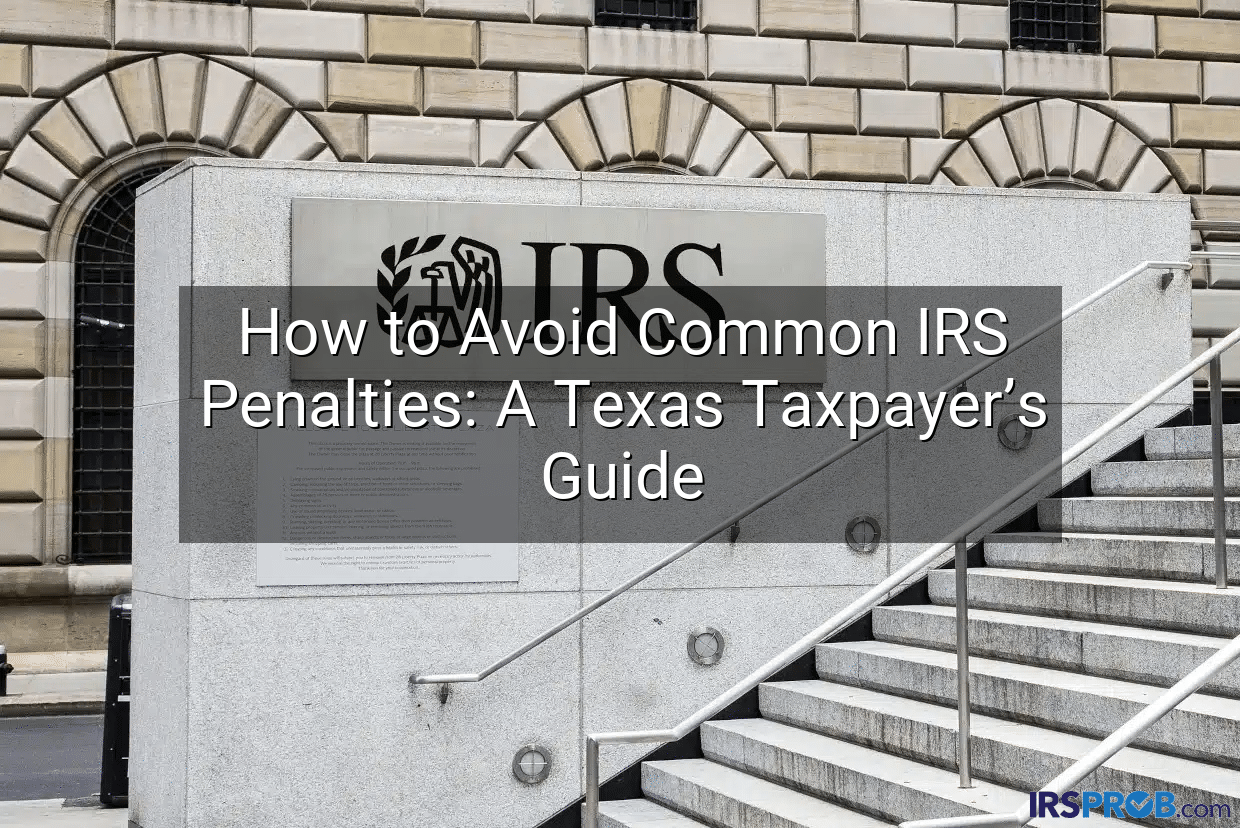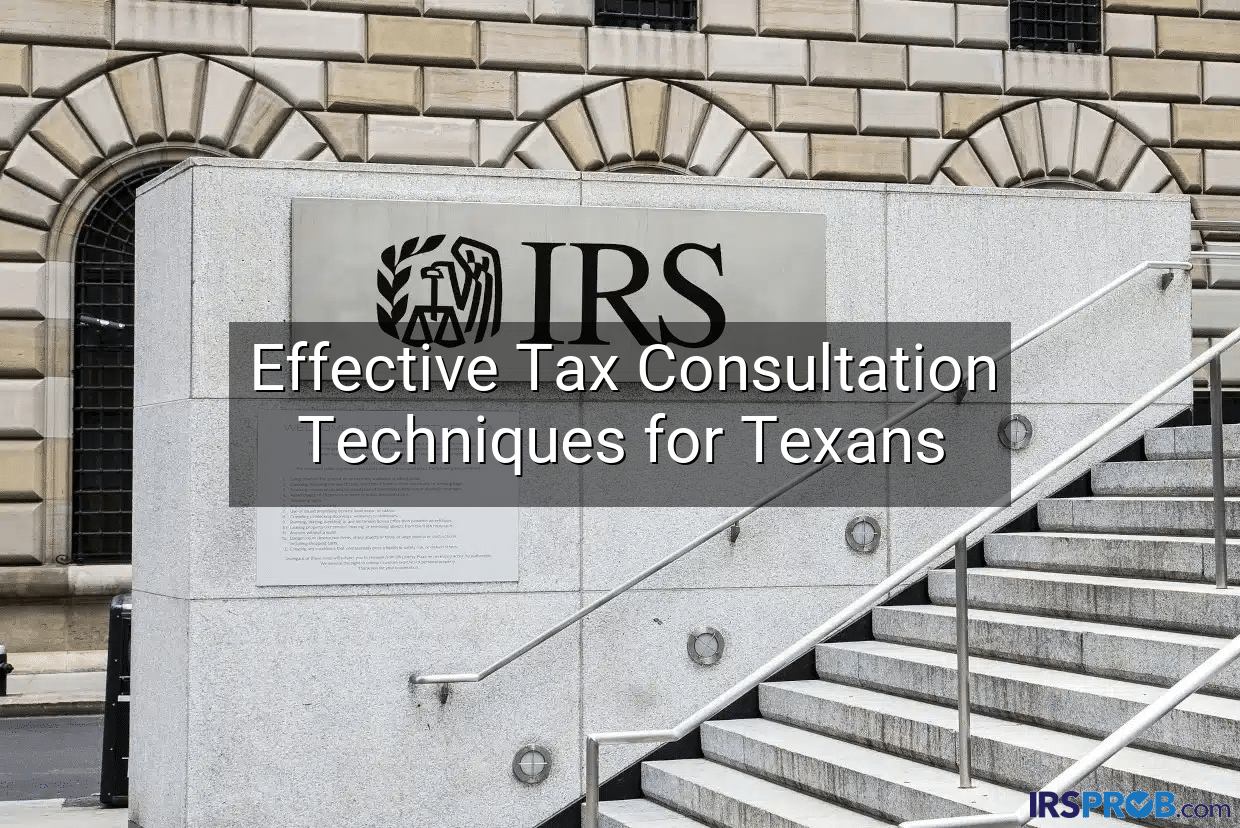If you filed your business income and expenses as a proprietor in 2017 and reported $100,000 or more in gross receipts, your chances of IRS audit were 2.4 percent (2017 returns are still open for audit, so the percentage could increase).
Had you reported this income as an S corporation, your chances of audit were only 0.20 percent.
You have probably read that the home-office deduction increases your chances of IRS audit. We’ve read that, too, but we don’t believe it.
Regardless, let’s assume that you’re a little paranoid about audits, and you want to claim the home-office deduction in a way that doesn’t attract the attention of the IRS.
If you operate as a corporation, your home-office deduction does not show on either your personal return or your corporate return if you have the corporation reimburse the office as an employee business expense.
With reimbursement, the corporation claims the deduction for the expenses it reimburses to you. The corporation probably puts the reimbursement into a category called “office expenses” or something similar. Thus, the home-office deduction as a name or title does not appear in the corporate return.
You receive the reimbursement from the corporation as a reimbursed employee expense. You do not report employee-expense reimbursements as taxable income on your personal return. Thus, you do not identify the home office on your personal return.
Got it? The home-office deduction does not appear under a home-office label on either the corporate or personal tax return as a tax deduction.
If the corporate form of business appeals to you, please call me on my direct line at 214-814-1917 so we can look at your options to see if we should spend some time on your tax planning.

